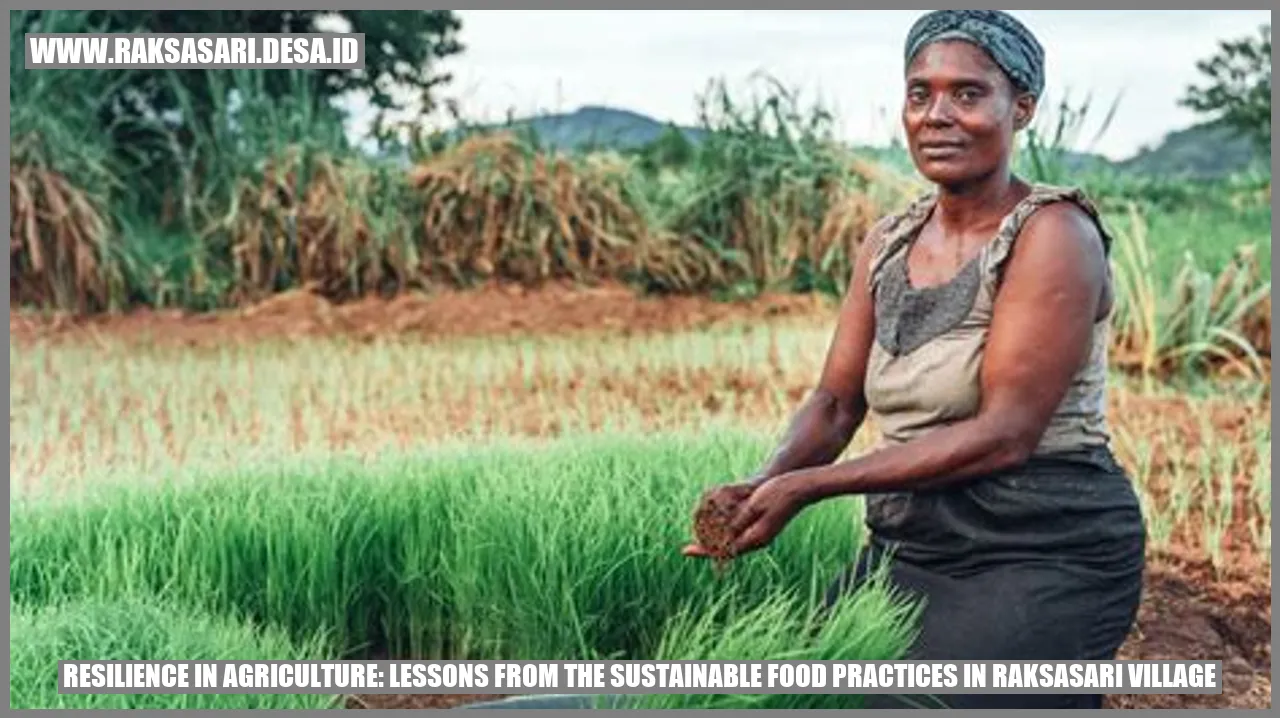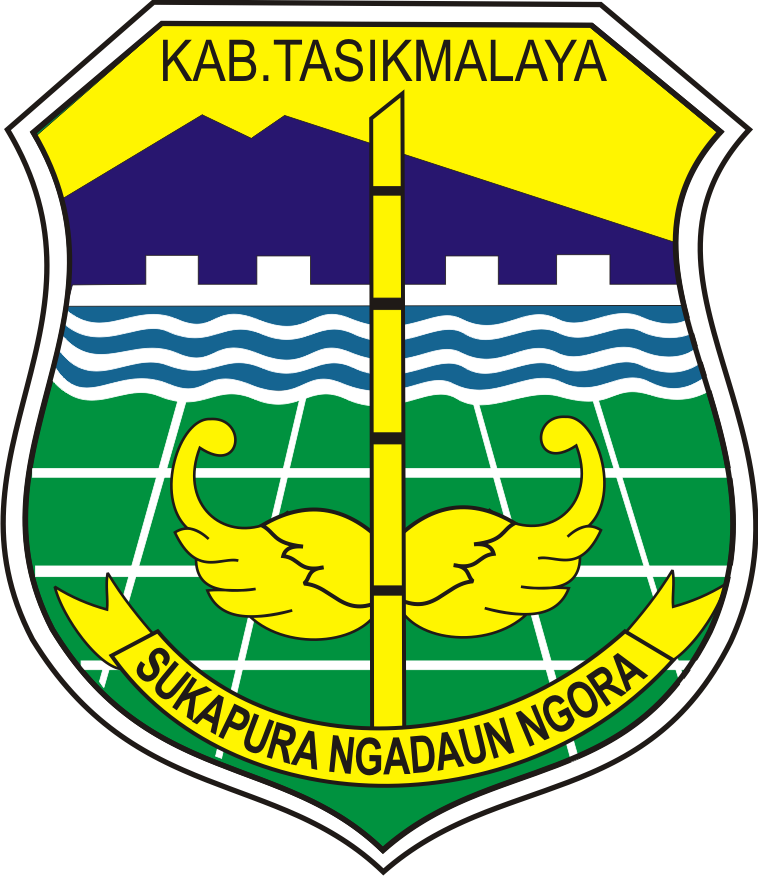
Resilience in Agriculture: Lessons Learned from Raksasari Village
Sustainable food practices play a vital role in ensuring the resilience of agricultural systems, particularly in rural communities like Raksasari Village. Located in the Taraju sub-district of Tasikmalaya regency, Raksasari Village has implemented innovative and sustainable approaches to tackle the challenges faced by the agricultural sector. These practices have not only resulted in increased productivity but have also provided valuable lessons for farmers and researchers alike.
The Role of Bapak Bambang: Head of Raksasari Village
At the forefront of the sustainable food practices in Raksasari Village is Bapak Bambang, the head of the village. With his leadership and passion for agriculture, he has spearheaded various initiatives that promote resilience and sustainability in the local farming community. Bapak Bambang’s expertise and dedication have been instrumental in driving the village’s success in implementing sustainable food practices.
The Importance of Diversification and Interconnectedness
A key lesson from Raksasari Village is the importance of diversification and interconnectedness in agricultural systems. Farmers in the village have moved beyond traditional mono-cropping practices and embraced the cultivation of a wide range of crops. This diversification not only minimizes the risk of crop failure but also enhances soil fertility and reduces the reliance on synthetic inputs.
Resilient Farming Techniques: Organic Farming and Agroforestry
Raksasari Village has also adopted resilient farming techniques such as organic farming and agroforestry. Organic farming practices prioritize the use of natural fertilizers and pest control methods, reducing the environmental impact of agriculture. Agroforestry, on the other hand, promotes the integration of trees and crops, improving soil health, protecting against erosion, and providing additional sources of income for farmers.
Community Collaboration and Knowledge Sharing
Another crucial element of Raksasari Village’s sustainable food practices is community collaboration and knowledge sharing. Farmers in the village actively engage in collective decision-making processes and exchange information and expertise. This horizontal knowledge flow has fostered innovation and allowed for the adoption of best practices, ensuring continuous improvement and resilience in the agricultural sector.
Building Resilience for Future Challenges
The sustainable food practices in Raksasari Village have demonstrated the significance of resilience in agriculture. By prioritizing sustainability, diversification, and community collaboration, the village has built a resilient agricultural system that can withstand various challenges, such as climate change, market fluctuations, and pests. The lessons learned from Raksasari Village serve as a valuable blueprint for other rural communities facing similar obstacles.
In conclusion, Raksasari Village’s sustainable food practices showcase the power of resilience in agriculture. Through innovative approaches, community collaboration, and diversification, the village has transformed its agricultural sector into a robust and sustainable system. By learning from the experiences of Raksasari Village, farmers and researchers can implement similar practices to ensure the resilience of their own agricultural communities.




0 Komentar